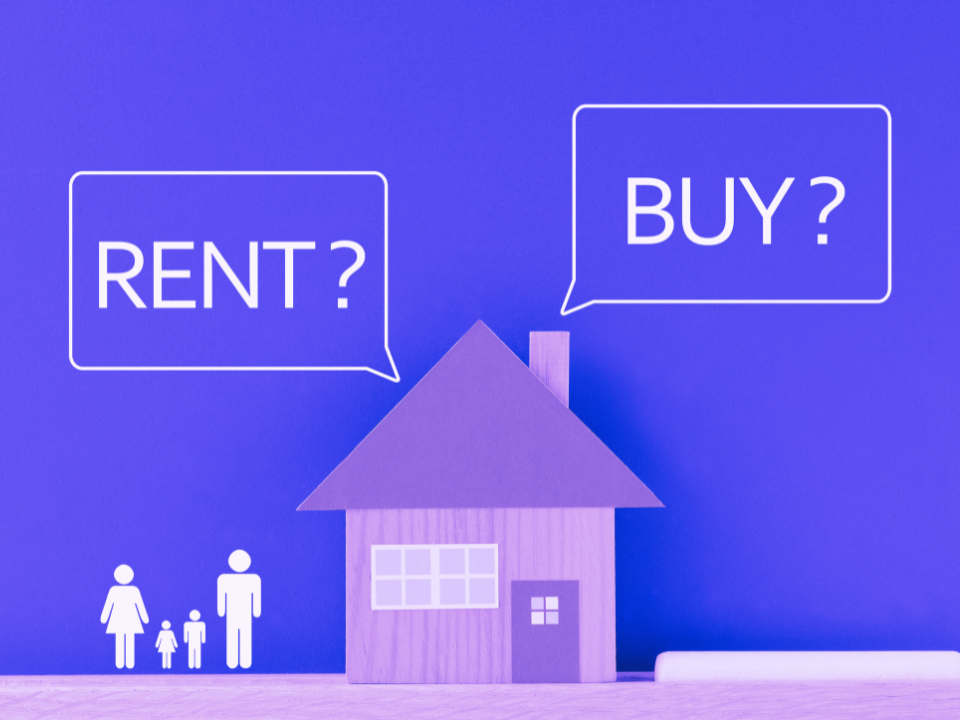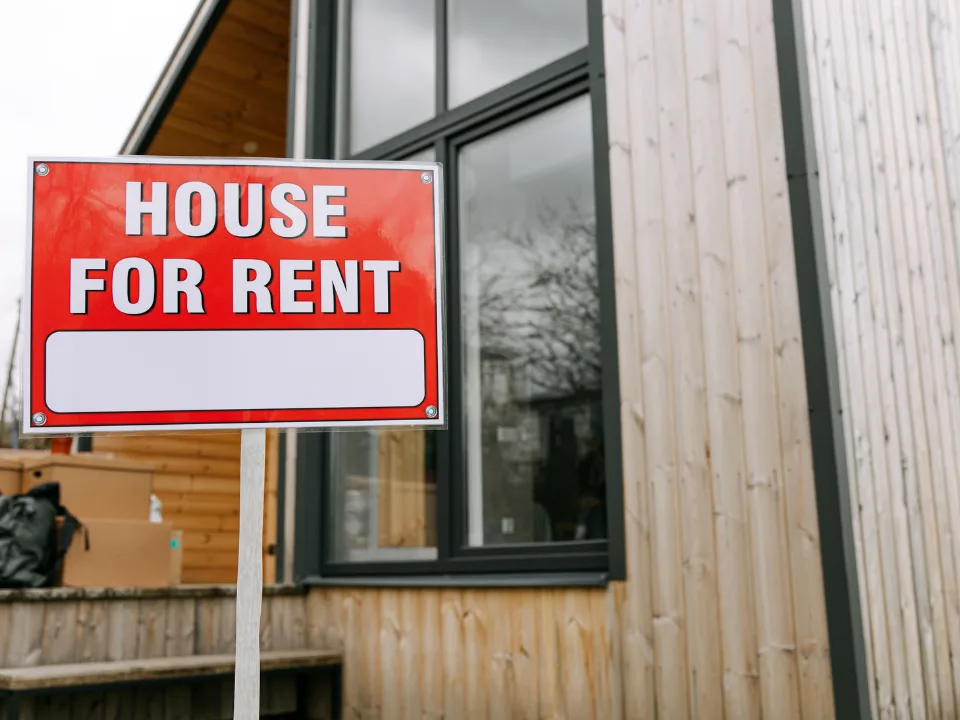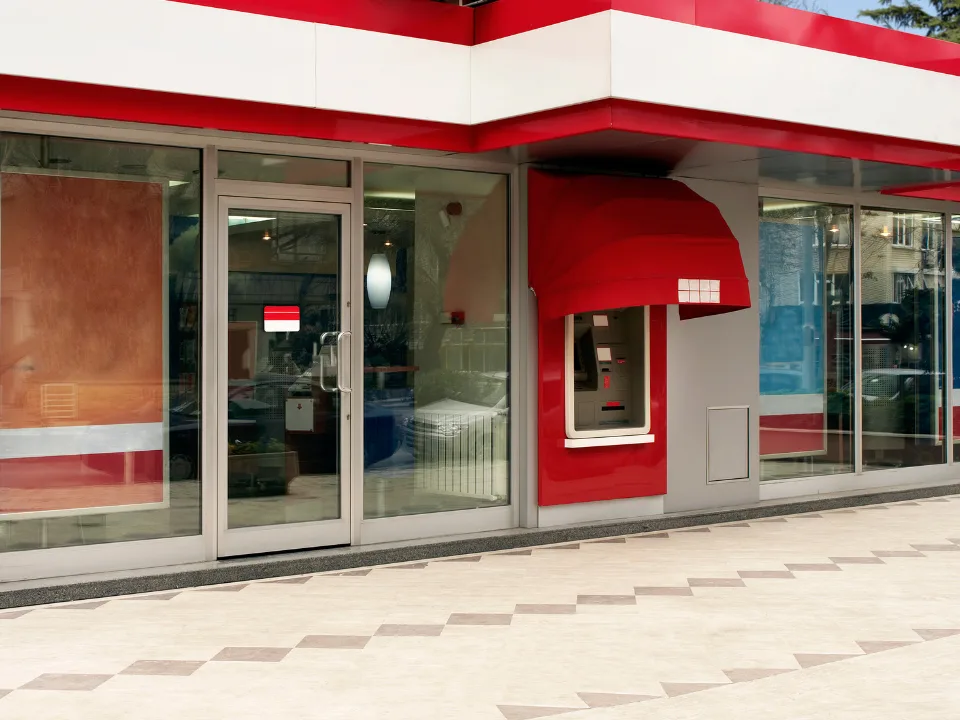- Cost-saving benefits and a competitive housing market are driving renters to stay for 10+ years amid rising rent prices.
- Landlords also favor extended stays for stable occupancy and reduced turnover costs.
- Geographical factors influence tenure lengths, decided by relative affordability and nearby job opportunities.
More and more renters are choosing to stay in their units longer, driven by various factors like reduced rent hikes and savings from not moving reports GlobeSt.
Renting For Decades
Research indicates a growing trend of renters staying in their apartments for longer periods, influenced by financial considerations amid rising rental costs. In fact, a Redfin study revealed that one in six renters (16.6%) resided in their units for over 10 years in 2022, up from 13.9% a decade earlier.
This makes plenty of sense—prolonged rentals offer lots of cost-saving benefits, such as stable rent hikes and reduced relocation expenditures. The shift to longer-term leasing also aligns with landlord preferences for consistent occupancy, reducing turnover expenses in a competitive rental landscape.
A growing number of renters are also settling in for 5–9 years (16.4%), up from 14% a decade earlier. Nearly 42% of renters are staying for at least 1–4 years now, up from 39.9%. Meanwhile, the number of renters who are staying for just 12 months or less has fallen to 25.2% from 32.2%.
Geographical Considerations
Austin, where 38.2% of renters are staying for just 12 months or less, topped the list of the top 50 metros in the country with the most short-term renters. Denver (34.4%) and Nashville (34.4%) round out the top three. In these metros, plentiful job opportunities, complemented by relatively affordable rents, make it easier to pick up and go.
In contrast, cities like New York show much lower tenant mobility rates. Just 15.8% of NYC renters are moving around in 12 months or less. Next on the list of sedentary cities for renters are Riverside (16.5%) and LA (17.5%). The biggest reason renters stay put in these cities? Prohibitively high homeownership costs and limited alternatives.
Why It Matters
Renting has become an increasingly popular lifestyle since the pandemic. The rise in remote work has also made it much easier for people to relocate for jobs or homes, a sought-after flexibility that renting also supports. Given the high cost of homeownership, the number of renters who prefer to invest in assets other than real estate is also growing.
All of this has led to more renters staying put longer, and there’s no sign this trend will reverse anytime soon.

















